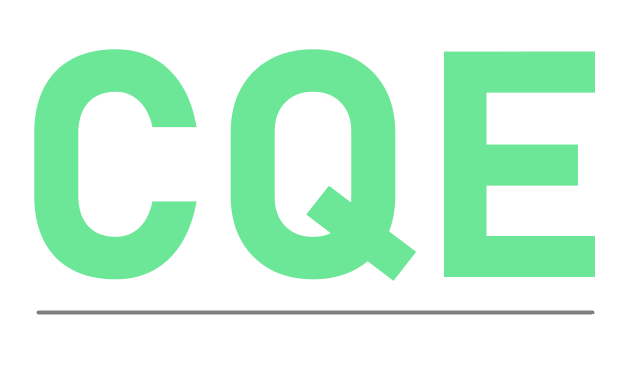
CQE leverages AI in QA and Testing Services
Author: Stuart Barker
Artificial Intelligence (AI) is a hot topic right now, stirring up a myriad of opinions from all over the globe. While figures like Elon Musk call for caution, others see endless possibilities. While the age of Skynet may still be a sci-fi dream (nightmare), AI is integrating itself into our daily operations in ways that enhance productivity and efficiency. Specifically, in Quality Assurance (QA) and testing, AI has shown enormous potential.
At CQE, we've been embracing AI in our Human Capital Management (HCM) systems projects. Even with our limited experience in leveraging AI so far, we’ve still been able to identify innovations for our service offerings. This has enabled our clients to leverage AI's benefits, resulting in expedited and more effective service delivery.
Utilising AI to enhance rather than replace humans
One might argue that if we integrate AI throughout the SDLC, the need for QA and testing might become obsolete. Whilst a valid point, we are still some way off from fully autonomous systems. For now, our focus lies on utilising AI to enhance rather than replace humans in our service delivery. Particularly, our recent AI-centric innovations in requirements engineering and automation have primarily concerned HCM systems.
Human Capital Management (HCM) Systems
For those unfamiliar with the term HCM, they're the unseen champions of efficient HR operations. From managing payroll, benefits, leave, learning and development, and performance assessments, to offering employee self-service features, they handle vast quantities of critical and sensitive data. Ensuring the optimal performance of these systems across multiple geographic locations is crucial to a successful deployment and if not considered carefully, often leads to limited rollouts or ineffective or unusable processes being implemented.
Software testing, including HCM systems, is typically intricate and time-consuming. Although test automation has been a game-changer, human-led testing struggles to keep up with the volume and complexity of modern interconnected systems. To optimise time and resource allocation, some time ago the industry introduced concepts like risk-based testing to help. It's an exciting thought - a fleet of T-800s armed with advanced software testing techniques, tirelessly terminating defects. While we are not yet ready to replace humans, AI is starting to demonstrate its potential in this direction.
Artificial Intelligence (AI) driven testing
AI, with its ability to process vast data volumes, can predict potential future glitches, learn from past errors, and adjust testing scenarios in real-time. Using past data, AI can effectively inform future testing efforts.
Consider a virtual assistant, more algorithmic than metallic, identifying defects, understanding their root causes, and devising preventive strategies. Such an AI-powered aide learns from each test it conducts, continually refining its testing strategy, and prioritising significant defects. This results in faster resolutions, increased reliability, and a superior user experience.
AI-driven testing isn't just about speed - precision is key. Unlike humans, AI doesn't tire, it can’t be dissuaded from logging issues, and it simply will not stop, ever (unless you ask it to, of course). AI's ability to identify data patterns and relationships, which might go unnoticed by humans, allows it to uncover subtle defects. It can also generate synthetic datasets that mimic real data characteristics, ensuring comprehensive testing without exposing sensitive employee information.
AI’s impact on the HCM landscape
AI's role extends beyond testing - it is reshaping the HCM landscape. It enhances employee experience through natural language processing (NLP), refines recruitment processes, and customizes training suggestions. At CQE, we are using AI to target the 25-35% of defects introduced during requirements gathering. By ensuring that requirements are Specific, Measurable, Achievable, Relevant, and Time-bound (SMART), we can provide clarity to developers, Business Analysts (BAs), and QA and testing professionals.
Contrary to the dystopian view, our objective is not to make humans redundant. Instead, we aim to use AI to empower our team to lean into their unique strengths. As humans we have the freedom to be creative, build meaningful relationships, and establish trust with our clients - qualities that AI cannot replicate in the foreseeable future.
If you're interested in learning how CQE is leveraging AI to enhance your project's efficiency and effectiveness, get in touch. We’d love to hear from you.

